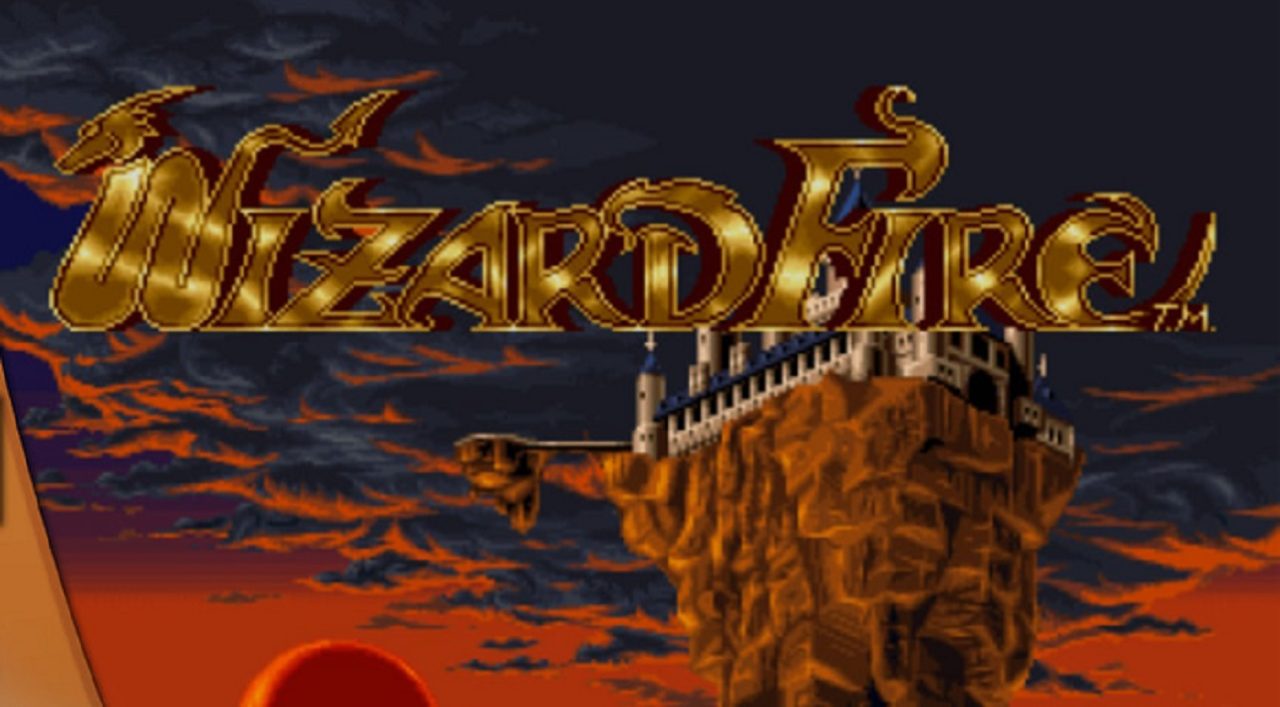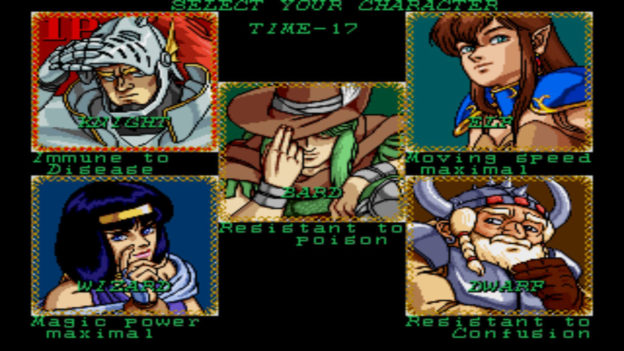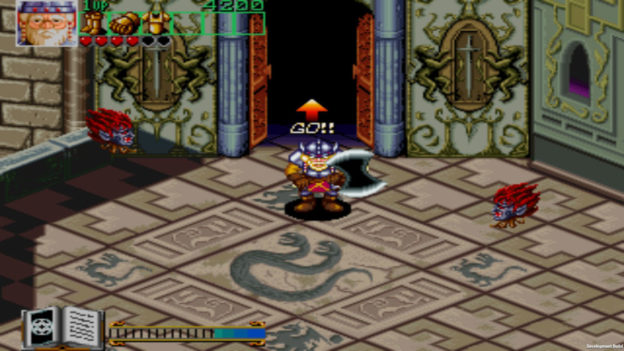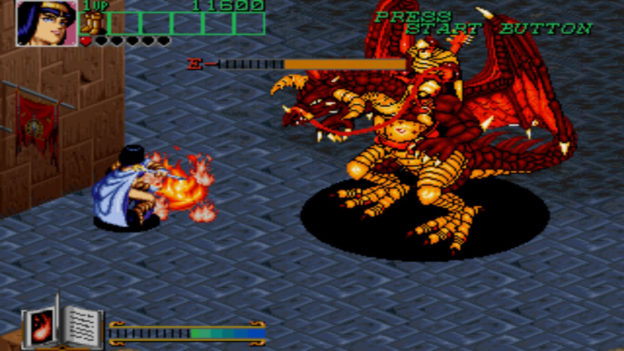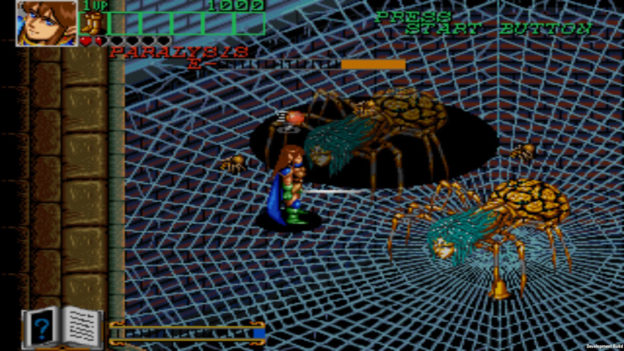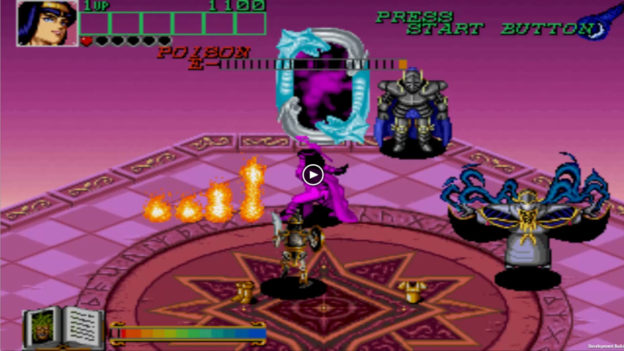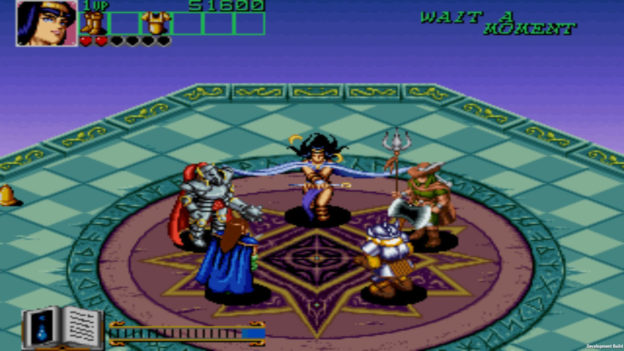In an era when even the seemingly simplest games can hide layers of depth that can take years to fully tease apart, Johnny Turbo’s Arcade: Wizard Fire is a refreshingly simple game. First released in 1992, this classic arcade game is straightforward in every sense and offers a genuinely interesting look back at what gaming was like nearly thirty years ago.
As you would expect of a game originally released for much less sophisticated technology, this is a really easy game to get the hang of. You can move in eight directions as controlled by the left analogue stick. You can use a physical attack with the A button and a magical attack with the B button. There is very little else to it. Stopping occasionally to insert a new coin (using the R button), you can pretty much blast your way through the full game.
The premise is a classic fantasy tale, which has very little impact on the actual gameplay. You travel through a medieval land, fighting off magical creatures and evil wizards to protect quaint villages.
Like a lot of arcade games designed to suck down coin after coin, the odds are stacked against you, so it can get a bit frustrating. The fact that you can insert a new coin with the click of a button goes some way to relieving this, but it does also take away from a little of the tension that usually comes with the prospect of defeat given you don’t suffer many consequences.
These aren’t necessarily issues with the game, but inescapable facets of the genre that don’t translate perfectly to modern consoles.
You get a good selection of characters with different skills and abilities to play as. This gives you the option of replaying the game a good few times to experiment with the various ways you can approach the adventure. They aren’t hugely diverse outside of their basic design – they all have the same two options of physical and magical attacks and they all have broadly similar effects on the world around them.
Like a lot of the story elements, they can come off feeling a bit like tropes, now that the fantasy genre has had nearly three decades to evolve. Again, this isn’t so much a flaw in the game, as an inevitability of rebooting an old game onto a new platform.
But as much as it can be frustrating compared to the polished new games being developed far more recently, those exact same things are what gives this game its charm.
The overly loud sound effects and cheesy voice acting, combined with the bright colours and retro graphics, make for a fun look back at how gaming has evolved. While it isn’t the most complex game in any sense, it is great for nostalgia value.
Review: Johnny Turbo’s Arcade: Wizard Fire (Nintendo Switch)
Nostalgic
Not especially deep or complex, but Johnny Turbo’s Arcade: Wizard Fire is simple, colourful and wonderfully nostalgic.

